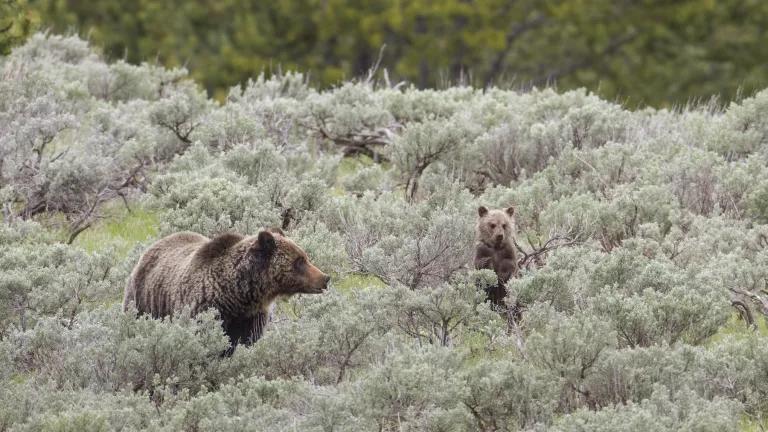UK Government Introduces Bill to Ban Ivory Trade

In a major development, the United Kingdom has taken the first steps towards banning most of its legal elephant ivory trade. Last Wednesday, Michael Gove, secretary of the environment, introduced a bill to Parliament to ban the purchase, sale, possession for sale, and the export or import of ivory. The bill contains exemptions for museums as well as some antiques and musical instruments. If passed, the law would become one of the strictest ivory bans in the world.
NRDC has long argued that closing legal ivory markets is a crucial part of combatting the illegal trade in ivory because legal markets are often used as cover to mask illicit activity. A legal ivory market makes it far easier for poachers and unscrupulous dealers to move, sell, and launder elephant ivory. That’s why we’ve fought so hard to secure strong ivory bans in the United States, both at the federal level and in the states that once hosted this country’s largest ivory markets: New York, California, and Hawaii. Last year, China, which at the time had the biggest ivory market in the world, banned their domestic trade.
With studies concluding that the UK is the largest exporter of legal ivory in the world, if this bill becomes law, the UK will take its rightful place among nations in the forefront of elephant conservation.
The draft legislation is not perfect, however. For example, the bill contains an exemption for ivory items with artistic, cultural, historic importance. That exemption must be tightened to allow only the most important works to qualify, lest it become a giant loophole. Additionally, the bill should require anyone applying for an exemption to the ban to present stronger documentary proof in support of their application.
Luckily, there is time to make the legislation stronger. On June 4, the bill will be submitted for its “second reading,” where debate occurs and amendments can be offered by members of Parliament. After that, the bill will be submitted to a committee, before it returns to the House of Commons for a final debate and vote. NRDC and our partners in the UK, such as Born Free and the International Fund for Animal Welfare, will engage in this process, beginning with the submission of comments to the Department of Environment, Food and Rural Affairs.




